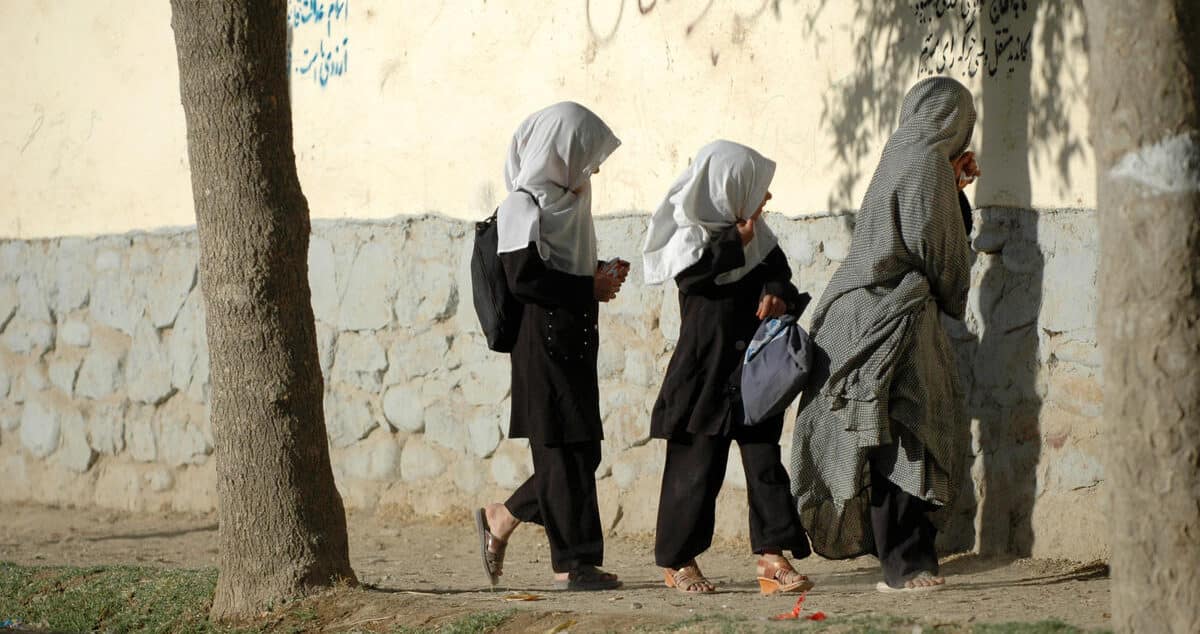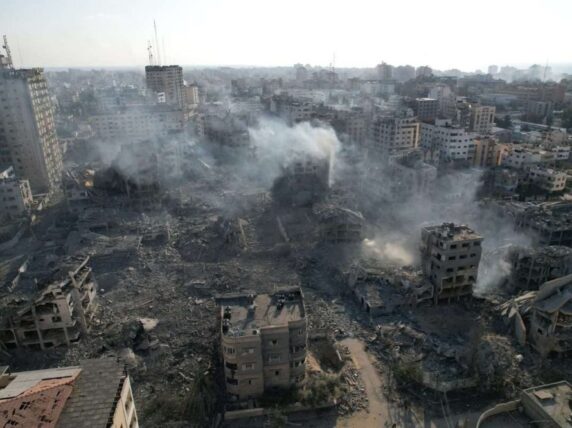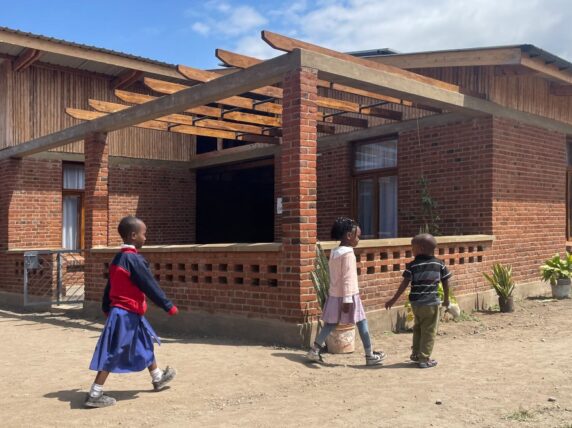When children are educated, their countries become stronger and more prosperous
In December 2018, the UN General Assembly proclaimed 24 January as the International Day of Education, to celebrate the role of education in building peace and achieving the Sustainable Development Goals (SDGs).
Never has education been more vital or more at risk than it is today, as we mark the day’s fifth anniversary.
“To invest in people, prioritise education”
The theme for the International Day of Education in 2023 is “to invest in people, prioritise education”. Children are at the heart of the SDGs, and education is integral to achieving these goals. It is a universal human right that must be respected, protected and fulfilled. But 1 in 3 children globally don’t even receive a quality primary education, and the consequences are far-reaching.
Children who aren’t in school are at greater risk of exploitation, child marriage, and lower earning potential. For those who are in school, issues like poorly trained teachers, large class sizes and lack of learning materials mean that too many young people still cannot read or write.
Education allows children to realise their full abilities, reach their highest… attainment and grow up with dignity, confidence, and self-esteem. It also allows strengthens communities, building resilience and a better future for all.
Research has shown that extreme poverty could be halved with the achievement of universal primary and secondary education. It positively impacts not only the individual’s lifetime income but also the country’s gross domestic product (GDP). So yes, prioritising education is a significant means of investing in people.
Education in crises: Girls in Afghanistan pay a heavy price
As we approach Education Cannot Wait’s High-Level Financing Conference next month, their statistic of 222 million crisis-affected children in need of urgent educational support, either because they are out of school or because they are not able to achieve proficiency in basic math and reading. Of those who are out of school, 87% are living through protracted crises.
The International Day will be observed in Afghanistan against this backdrop – and an environment of inequality and restrictions. Between 2001 and 2018, Afghanistan recorded a tenfold increase in enrolment across all education levels according to UNESCO – from roughly one million to 10 million students. The number of girls in primary school increased from almost zero to 2.5 million.
Subscribe to our newsletter
Our weekly email newsletter, Network News, is an indispensable weekly digest of the latest updates on funding, jobs, resources, news and learning opportunities in the international development sector.
Get Network NewsBy August 2021, they accounted for four out of 10 primary school students. Bans on secondary school girls from attending school in September 20921 and suspending university education for women in December 2022 are affecting 1.2 million girls and women. It also comes at a time when most humanitarian programming has been suspended as a result of the ban on female humanitarian workers in NGOs.
Prioritising children and their education
There is no future without children. World Vision believes that to invest in people, we need to prioritise children and their rights. Investing in children means investing in education. children must be supported to get a good education, even during the most challenging circumstances—pandemics, climate crises and armed conflicts.
World Vision addresses barriers to education and works with communities and local governments to improve access and quality of the education children receive – making sure girls and children with disabilities are included. Early childhood education, parental support, unlocking learning and catch-up education as well as safe and nurturing schools are priorities for World Vision in the education sector.
However, investing in children and education does not stop there. World Vision sees first-hand that investing in one sector unilaterally limits the impact it can have. Children are impacted by everything around them – in their families, communities, and countries. Their educational achievement, safety, health, and nutrition are all interdependent.
Therefore, improving access and literacy requires a multi-sectoral approach that includes investing in health, protection, nutrition, water and sanitation and empowerment. It means investing in gender equality and disability inclusion. And it means promoting children’s participation in communities and having their voices heard.
On this International Day of Education, we welcome the global recognition that children and education are at the heart of sustainable development.
But we challenge donors and the development community to approach barriers to education and learning as children see them: quality schools and trained teachers; adequate, separate sanitation facilities; stopping violence and exploitation in homes, communities, and schools; access to physical and mental health services; social protection; increased equality and inclusion.
Category
News & Views



